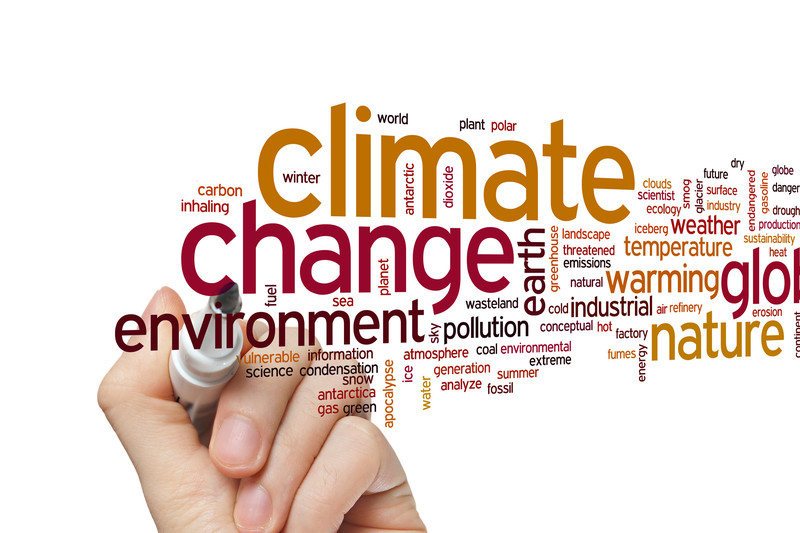By Dr. Laurie Smith, School of Social Work Director at CSUSB
This past summer, I had the privilege of attending the international Social Work Education and Social Development conference in Dublin, Ireland. Keynoting was Mary Robinson, the President of Ireland from 1990 to 1997. Besides being impressed to finally see a female head of state in person, I found her post-presidency roles likewise inspirational. Robinson, who has seen the consequences of oppression and poverty worldwide in her role as an advocacy-focused member of the UN’s High Commission for Human Rights, is now focusing all her efforts on climate justice through the Mary Robinson Foundation – Climate Justice.
Climate justice recognizes that the costs of global climate change will be higher for “the poor, the disempowered and the marginalized across the world.” These are people who live in areas susceptible to flooding, people who depend on forests, rivers and seas for their livelihood, and people who have little ability to withstand increasingly ferocious storms. Not only are these people more likely to suffer the consequences of climate change, they are less likely to be contributing to it. A quick google search of “environmental injustice” will yield many specific examples, including examples in the USA. Suffering from climate injustice includes displacement, illness and death as well as emotional stress and trauma.
Social workers have a long history of concern with environmental issues, from the location of freeways and garbage incinerators in poor neighborhoods, to lead paint in low rent housing, and the Flint water crisis. In the current Educational Policy and Accreditation Standards (CSWE, 2015) Competency 3 is devoted to Advancing Human Rights and Social, Economic and Environmental Justice.
To be clear, the source of climate change is the increase in carbon (or other “greenhouse gases”) in the atmosphere. While the US has backed away from the Paris Accord, a multi-national agreement to combat greenhouse gases and climate change, other nations, cities and states continue to press ahead. Copenhagen, Denmark aims to be 100% carbon neutral by 2025 and use no fossil fuels by 2050. California laws require the state’s utilities to get 60% of its energy from renewable sources by 2030 and 100% renewable sources for electricity by 2045.
What can you do today to promote climate justice? Of course you can be politically active, supporting initiatives and candidates that advance climate justice. But what about tonight when you go home? The answer is to not eat meat. It turns out that the livestock industry is a major contributor to greenhouse gases, therefore eating less meat means less climate change and more climate justice.
I suggest making tasty lentil soup! You can find lentils at any grocery store and many recipes on the web. They cook fast and you can wing it with ingredients. There are different types of lentils, red, green and brown for example, and generally the red ones cook faster. Rinse and add liquid in a ratio of about 1 cup dry lentils to 3½ to 4 cups of liquid. Sauté (or not) and add cut up onions and carrots. Some people like tomatoes (canned are fine) added. Cook on the stove for an hour or less, add salt and pepper or other spices. With a few ingredients and a little time, you can have a dinner that is satisfying in many ways.












